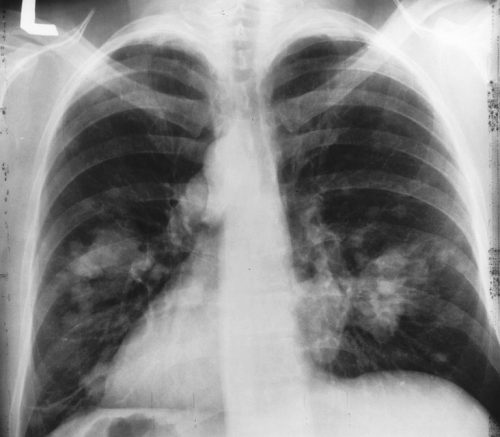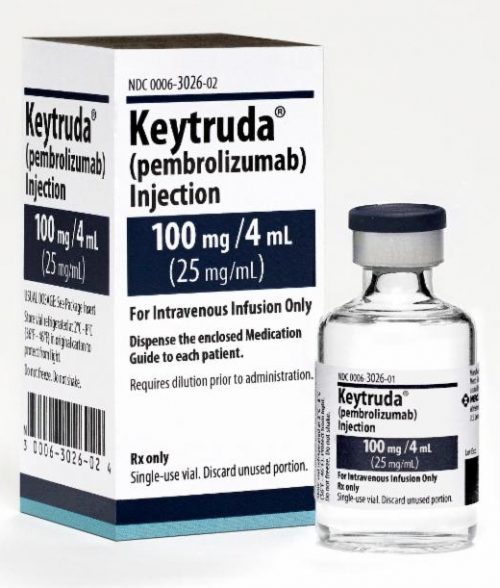(New York – February 13, 2012) Researchers from Mount Sinai School of Medicine have found that post-operative radiation therapy (PORT), a controversial yet frequently administered treatment for lung cancer, may not prolong life in older people with locally advanced disease.
The findings appear in the February 13 online edition of CANCER, a peer-reviewed journal of the American Cancer Society.
In patients with non-small cell lung cancer (NSCLC), the standard of care is surgery to remove the tumor. However, in patients with stage III disease and involvement of a type of lymph node called N2, clinicians will often prescribe a course of PORT to improve outcomes.
“While some analyses have shown improvement with PORT, the data are not strong enough to support using it as a standard of care in older adults with this type of lung cancer,” said Juan Wisnivesky, MD, DrPH, Vice-Chair for Research in the Department of Medicine at Mount Sinai School of Medicine and lead author on the study. “Our results show that we need more information about the potential benefits of radiation therapy before it is used routinely to treat these patients, especially considering the side effects associated with it.”
The research team identified 1,307 cases of stage III NSCLC with N2 lymph node involvement between 1992 and 2005 using the Surveillance, Epidemiology and End Results (SEER)-Medicare registry, which links cancer incidence and survival data to a master file of Medicare records. Overall, 710, or 54 percent, of these patients aged 66 and up received PORT after their tumor was removed. The researchers found that one-year and three-year survival was not improved in the group receiving PORT compared to the group that did not receive it. The researchers concluded that use of PORT should be limited until definitive data is available.
“Our study indicates that clinicians should refrain from widespread use of PORT in elderly patients with this cancer subtype until we know more,” said Dr. Wisnivesky. “A randomized and controlled trial is required to fully assess any benefit, and such trials are ongoing now.”
Funding for this study was provided by the Applied Research Branch of the Division of Cancer Prevention and Population Science of the National Cancer Institute.
About The Mount Sinai Medical Center
The Mount Sinai Medical Center encompasses both The Mount Sinai Hospital and Mount Sinai School of Medicine. Established in 1968, Mount Sinai School of Medicine is one of the leading medical schools in the United States. The Medical School is noted for innovation in education, biomedical research, clinical care delivery, and local and global community service. It has more than 3,400 faculty in 32 departments and 14 research institutes, and ranks among the top 20 medical schools both in National Institutes of Health (NIH) funding and by US News and World Report.
The Mount Sinai Hospital, founded in 1852, is a 1,171-bed tertiary- and quaternary-care teaching facility and one of the nation’s oldest, largest and most-respected voluntary hospitals. In 2011, US News and World Report ranked The Mount Sinai Hospital 16th on its elite Honor Roll of the nation’s top hospitals based on reputation, safety, and other patient-care factors. Of the top 20 hospitals in the United States, Mount Sinai is one of 12 integrated academic medical centers whose medical school ranks among the top 20 in NIH funding and US News and World Report and whose hospital is on the US News and World Report Honor Roll. Nearly 60,000 people were treated at Mount Sinai as inpatients last year, and approximately 560,000 outpatient visits took place.
For more information, visit https://www.mountsinai.org/.
Source: Mount Sinai Medical Center



